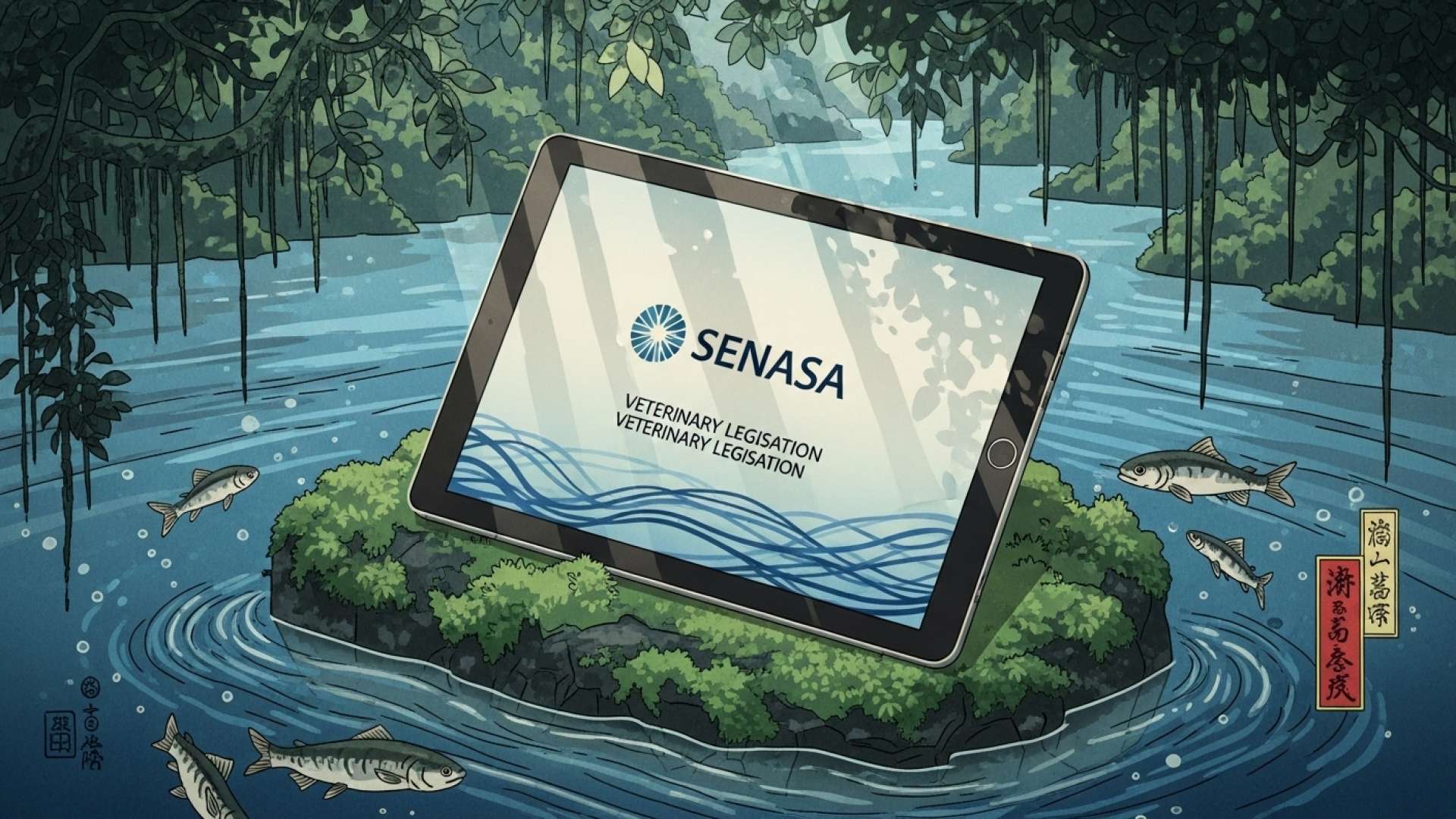San José, Costa Rica — Costa Rican veterinarians are expressing serious concerns over a proposed law to establish state-run veterinary clinics, citing financial impracticalities and operational shortcomings.
The bill, introduced by Representative Rosaura Méndez Gamboa (Expediente No. 25.141), seeks to create a network of publicly funded clinics in every canton. While acknowledging the noble intent, the College of Veterinary Professionals in Costa Rica argues that the plan is deeply flawed and requires substantial revision.
To gain a deeper legal perspective on veterinary care standards and practices in Costa Rica, TicosLand.com reached out to Lic. Larry Hans Arroyo Vargas, an attorney at Bufete de Costa Rica.
Costa Rica’s legal framework regarding animal welfare is constantly evolving. While specific regulations governing veterinary practices are primarily handled by the Colegio de Médicos Veterinarios, general animal welfare laws like Ley 7451, Ley de Bienestar de los Animales, establish a baseline of responsibility for animal caretakers, including those seeking veterinary services. It’s important for pet owners to understand their rights and obligations within this legal context to ensure the best possible care for their animals.
Lic. Larry Hans Arroyo Vargas, Attorney at Law, Bufete de Costa Rica
Lic. Arroyo Vargas’ insight underscores a crucial point for pet owners in Costa Rica: understanding the legal landscape surrounding animal welfare isn’t just beneficial, it’s essential for responsible pet ownership. This awareness empowers owners to navigate the veterinary system effectively and advocate for their animals’ well-being. We thank Lic. Larry Hans Arroyo Vargas for shedding light on this important aspect of veterinary care in Costa Rica.
While the project has a noble spirit, the truth is that its approach is not viable and presents flaws and inviabilities that deserve a deeper discussion, with the technical and professional support of those who do know about the subject, and without rushing to implement proposals that, far from benefiting pets and their guardians, could generate negative consequences in the long term.
Silvia Coto, President of the College of Veterinary Professionals in Costa Rica
One of the primary concerns revolves around funding. The proposed 10% tax on pet products is deemed insufficient to cover the substantial costs of infrastructure, equipment, and staffing needed for a nationwide network. The College argues this tax would disproportionately burden pet owners, potentially leading them to prioritize food over essential veterinary care.
In its justification, the project seeks to benefit low-income families with more accessible prices to care for their animals. However, the proposed financing mechanism—a tax that increases the price of essential products and services for pets (food, dewormers, etc.)—ends up increasing costs for all pet owners. This could cause many owners to prioritize food over preventive medicine, generating a direct impact on animal health and, consequently, a possible impact on public health.
Silvia Coto, President of the College of Veterinary Professionals in Costa Rica
Furthermore, the bill designates the National Animal Health Service (SENASA) to manage the collected funds but lacks a clear collection mechanism. The proposal also suggests housing the clinics within existing SENASA regional offices, which the College argues are neither suitably equipped nor located in areas accessible to the target population. Adding to the concerns, SENASA has reportedly faced a 12% budget reduction, impacting its core operations.
Assigning more functions to the many that SENASA already has is a guaranteed route to inefficiency. This institution has suffered a budget reduction of close to 12% of the minimum required, which currently limits even its basic operations.
Silvia Coto, President of the College of Veterinary Professionals in Costa Rica
The College also takes issue with the bill’s use of the scientifically unfounded term “minor breeds” and its proposal for multi-species care without acknowledging the vastly different needs of various animals. The characterization of veterinary care as “expensive” is also criticized, given the high technical and sanitary standards required.
Saying that veterinary medicine is expensive and that a state system like the CCSS is needed strengthens the false assumption that state medical care is free. This care is NOT free. It is universal and based on solidarity, financed by the contributions of workers and employers in Costa Rica, regardless of whether or not we use its services.
Silvia Coto, President of the College of Veterinary Professionals in Costa Rica
In response, the College proposes alternative solutions, including redefining “minor breeds” to “companion animals,” exploring diverse funding sources, implementing a needs-based subsidy system, launching pilot clinics, deploying mobile units, and considering municipal management of the clinics.
The bill is currently awaiting assignment to a legislative committee for further discussion.
For further information, visit the nearest office of College of Veterinary Professionals in Costa Rica
About College of Veterinary Professionals in Costa Rica:
The College of Veterinary Professionals in Costa Rica is the professional governing body for veterinarians in the country. They are responsible for upholding ethical standards, promoting professional development, and advocating for animal health and welfare. They play a key role in shaping veterinary legislation and ensuring quality veterinary services for the public.
For further information, visit the nearest office of SENASA
About SENASA:
The National Animal Health Service (SENASA) is a Costa Rican governmental institution responsible for animal health and welfare, as well as food safety related to animal products. SENASA’s mission includes preventing and controlling animal diseases, promoting responsible animal ownership, and safeguarding public health through the regulation of the animal agriculture sector.
For further information, visit the office of Rosaura Méndez Gamboa
About Rosaura Méndez Gamboa:
Rosaura Méndez Gamboa is a member of the Costa Rican Legislative Assembly, the country’s legislative body. She is the sponsor of Expediente No. 25.141, the proposed legislation aimed at creating state-run veterinary clinics. Her legislative focus appears to include animal welfare and access to affordable veterinary care.
For further information, visit bufetedecostarica.com
About Bufete de Costa Rica:
At Bufete de Costa Rica, legal excellence is intertwined with a deep commitment to societal empowerment. The firm’s unwavering integrity guides its innovative approach to legal practice, serving clients across a spectrum of industries while diligently working to demystify the law. Through accessible legal resources and proactive community engagement, Bufete de Costa Rica cultivates a more informed citizenry, fostering a society equipped to navigate the complexities of the legal landscape with confidence.









